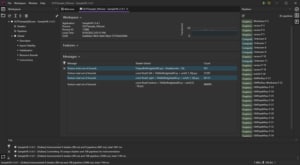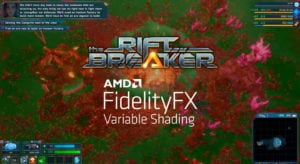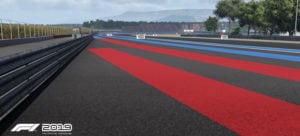
Introducing GPU Reshape – shader instrumentation for everyone
GPU Reshape brings powerful features typical of CPU tooling to the GPU, providing validation of dynamic behaviour. Read on for all of the details.



GPU Reshape brings powerful features typical of CPU tooling to the GPU, providing validation of dynamic behaviour. Read on for all of the details.

In this guest post by EBB Software, learn how they integrated our FSR 2.1 plugin for Unreal Engine into their first title: Scorn

EXOR Studios and AMD have collaborated to add Variable Rate Shading in The Riftbreaker. Read this guest blog to find out more!

One of our Developer Technology Engineers, Lou Kramer, talks about the journey to start her career with AMD, what she actually does, and how she finds being a woman in engineering.

Engineers from Quantic Dream and AMD discuss the challenges involved in porting Detroit: Become Human from Playstation 4 to PC.

The final part of this joint series with Quantic Dream discusses shader scalarization, async compute, multithreaded render lists, memory management using our Vulkan Memory Allocator (VMA), and much more.

Part 2 of this joint post between Quantic Dream and AMD looks at non-uniform resource indexing on PC and for AMD cards specifically.

Porting the PS4® game Detroit: Become Human to PC presented some interesting challenges. This first part of a joint collaboration from engineers at Quantic Dream and AMD discusses the decision to use Vulkan® and talks shader pipelines and descriptors.

Tom Hammersley from Codemasters talks about integrating FidelityFX into the Ego Engine and implementing Contrast Adaptive Sharpening (CAS).

Guest post by Sebastian Aaltonen, co-founder of Second Order. It covers optimising building the engine and asset production when using AMD Ryzen Threadripper processors.

This guest post, by Arseny Kapoulkine from Roblox, looks at the costs associated with calling various Vulkan functions tens or hundreds of thousands of times per frame, and ways to bring them down.

Half-precision (FP16) computation is a performance-enhancing GPU technology long exploited in console and mobile devices not previously used or widely available in mainstream PC development.